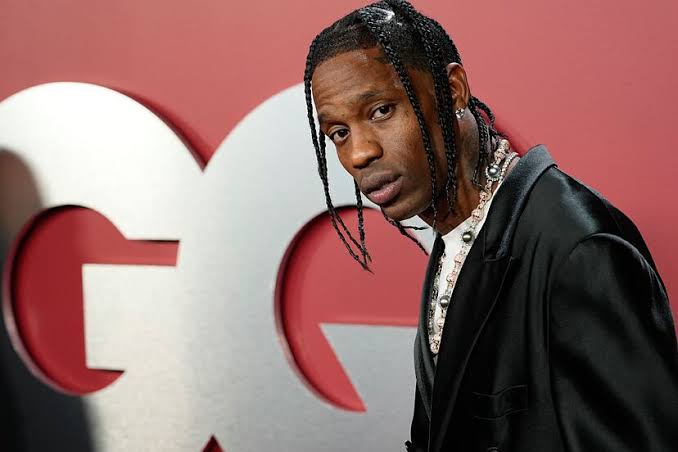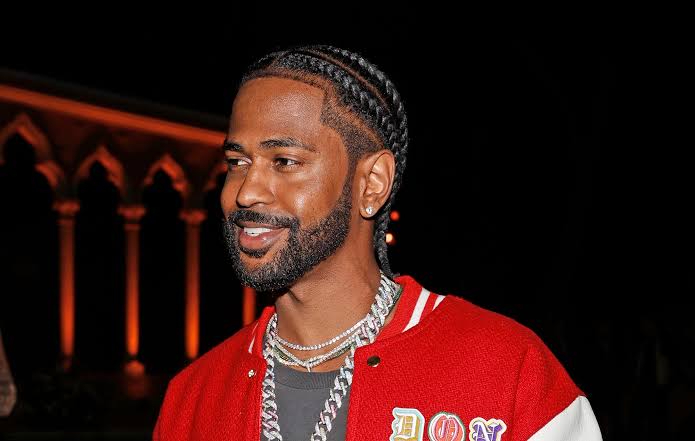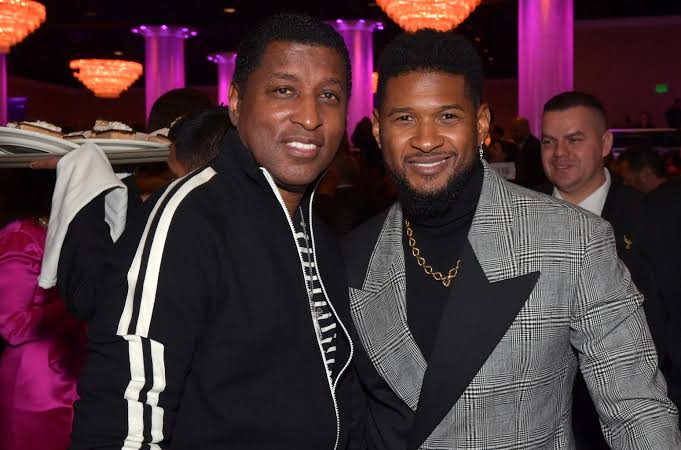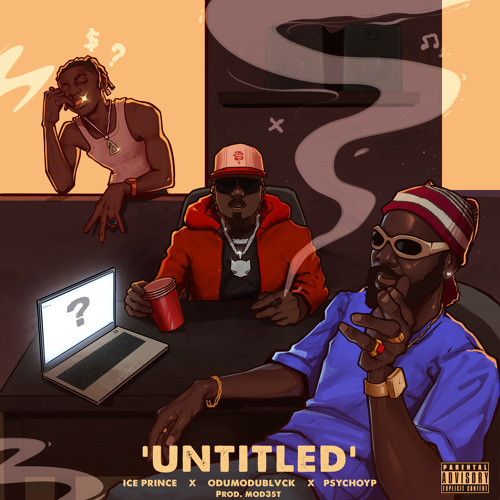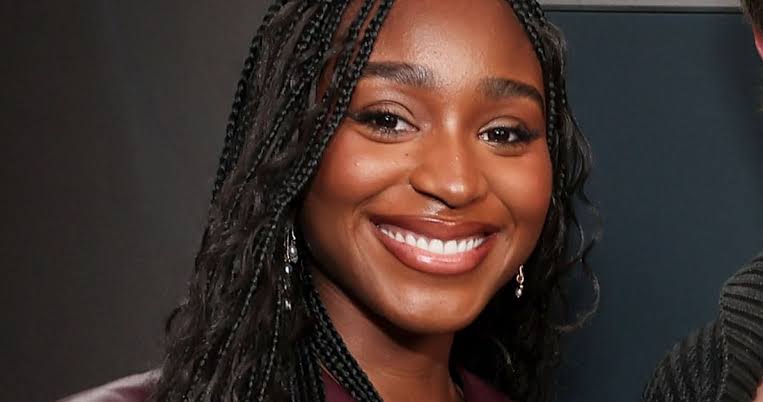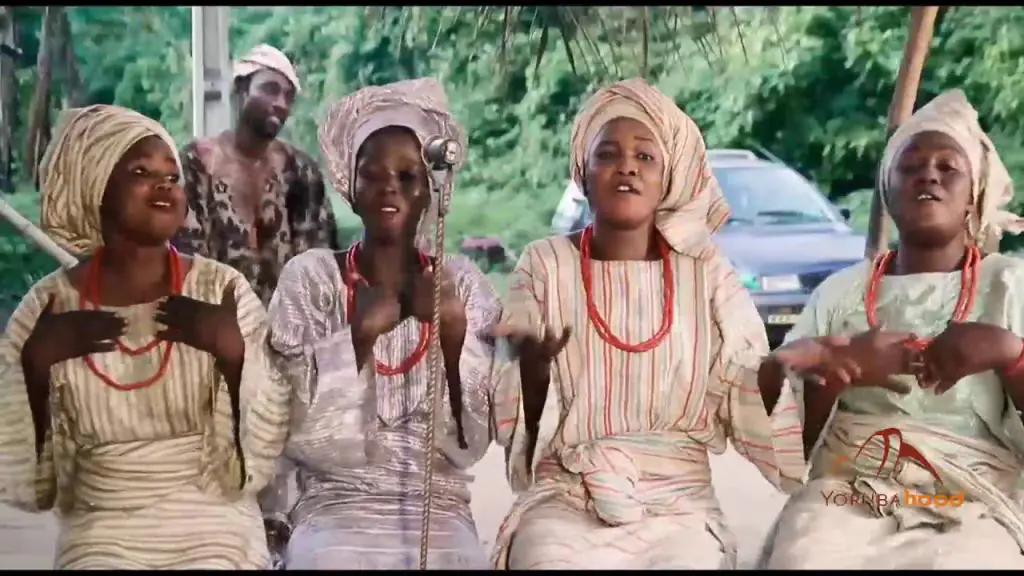Yoruba Tribe: Language, People, Culture, Mythology, States, Music, Religion, Clothing & Gods
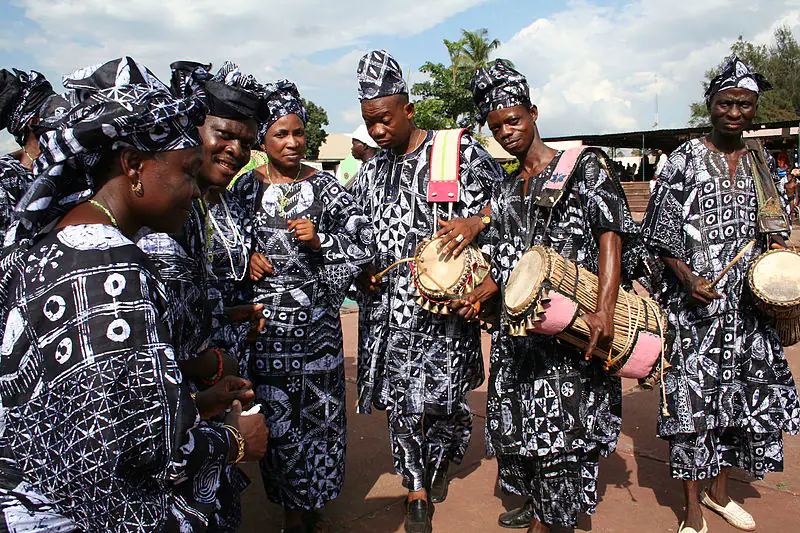
Introduction
“Yoruba” is one encapsulating word that represents a Nigerian tribe, their cultures, and their way of living. In this article, the spotlight is on the Yoruba tribe, their language, people, culture, mythology, and gods, the states or parts of the country mostly occupied by them, their music, religion, and clothing. Let’s now get into the discussion properly. First, we begin with the tribe itself.
Yoruba Tribe
The Yoruba people, who were originally from Ile-Ife, grew to prominence through trade with the Portuguese, who also provided them with a plentiful supply of weapons. By the first millennium BCE, earlier Mesolithic Volta-Niger inhabitants in ‘situ’ give rise to the historical Yoruba. According to oral tradition preserved during the reign of the Oyo Empire, the Yoruba are descended from the people of the former kingdom of Ile-Ife. As early as the 11th century, the Yoruba dominated the southern and northern, eastern parts of Nigeria. One of Africa’s most urbanized populations is the Yoruba. Most Yoruba had been living in powerful city-states centered on the Oba’s residence for centuries before the establishment of British colonial rule.
Yoruba Language
Most Yoruba people are natural Yoruba language speakers because the Yoruba culture was primarily an oral heritage. In 2010, there were 30 million speakers, according to estimates. Yoruba is a member of the Edekiri language family and, along with the isolated Igala, makes up the Yoruboid family of languages in what is now known as West Africa. There are significant historical and cultural connections between Igala and Yoruba.
Around the first millennium BCE, it is claimed that a group of Volta-Niger languages that were not distinct gave rise to the Yoruboid languages. Northwest, Central, and Southeast are the three main dialect regions. While the Southeast and Central Yoruba regions often have older settlements, the dialects of Yoruba spoken in the north-west exhibit more linguistic innovation. The standard Yoruba spoken by newsreaders on the radio and taught in schools is literary Yoruba.
Its roots are in two sources: the work of Yoruba Christian missionaries based primarily in the Egba hinterland at Abeokuta and the Yoruba grammar compiled in the 1850s by Bishop Crowther, who was himself a Sierra Leonean Recaptive of Oyo origin. It is based primarily entirely on northwestern Yoruba dialects of the Oyos and the Egbas.
The Yoruba People
A West African ethnic group known as the Yoruba primarily lives in Nigeria, Benin, and Togo. Yorubaland is the term used frequently to refer to the parts of these nations where Yoruba people predominate. The Yoruba ethnic group has a population of more than 50 million individuals in Africa, over a million people outside of Africa, and additional members of the African diaspora. The vast majority of Yoruba people currently reside in Nigeria, where they are one of the largest ethnic groups in Africa and, according to CIA estimates, account for 21% of the nation’s population. The Niger-Congo language with the highest percentage of native or L1 speakers is Yoruba, the language spoken by most Yoruba people.

The Yoruba diaspora is primarily divided into two groups outside of Africa: the first group is made up of those Yorubas who were transported as slaves to the New World between the 16th and 19th centuries, particularly to the Caribbean (especially in Cuba) and Brazil, and the second group is made up of a wave of relatively recent migrants, the majority of whom started moving to the United Kingdom and the United States after some of the significant economic and political changes that occurred in Africa in the 1960s.
Culture & Tradition
Yoruba societies are built on kinship, with every clan claiming a common ancestor. In the past, Yoruba clans were known to reside in sizable complexes with a single entrance, a sizable courtyard, and rooms for each family. These days, cinderblock and iron-built communities with running water, electricity, and other utilities are replacing traditional communities.
Mythology
According to Oyo-Yoruba oral tradition, Odùduwà was the ancestor of the Yoruba people and the current monarchs who were crowned. He came from the east, which can sometimes be interpreted from Ife traditions as Oke-Ora and other sources as the “vicinity” of the actual East on the Cardinal points, but most likely refers to the northeastern Yorubaland subcommunities of Ekiti and Okun in central Nigeria.

The Yoruba language is thought to have diverged from related ethnolinguistic groups like Igala, Igbo, and Edo around Ekiti, which is close to the junction of the Niger and Benue rivers. The children of Oduduwa were exiled from Ife after his death in order to establish new kingdoms.

The aborigines grew challenged after the dispersal and severely threatened Ife’s survival. These people, who were once believed to be the descendants of the area’s previous inhabitants before Oduduwa arrived, transformed into marauders. They would enter the town wearing grotesque and terrifying raffia costumes, set fire to homes, and plunder the markets. Eventually, Moremi arrived on the scene, and it was claimed that she was instrumental in stopping the marauders’ advance. Nevertheless, this came at a high cost—she had to give up her only child, Oluorogbo.

States
The Yoruba people historically organized themselves into networks of connected villages, cities, and kingdoms, with an Oba (King) or Baale ruling over the majority of them (a nobleman or mayor). Ile-Ife, Ibadan, Lagos, Ijebu Ode, Abeokuta, Akure, Ilorin, Ijebu-Igbo, Ogbomosho, Ondo, Badagry, Ado-Ekiti, Osogbo, Ilesa, Oyo, Owo, Kabba, Offa, Ilesa, Ilobu, Ede, etc. are important Yoruba cities and towns. In the Republic of Benin, there are several Yoruba cities and towns, including Ketu, Sabe, Dassa, and others. Due to one or more of their shared characteristics, several towns and cities have historical ties to the Yoruba people. They include, among others, Benin City, Warri, Auchi, and Okene.
A) Lagos
B) Ogun
C) Ondo
D) Osun
E) Oyo
F) Kwara
G) Ekiti
H) Kogi
Music & Dance
The Yoruba people’s culture has long placed a high value on music and dance, which are used in a wide variety of amusement activities. Instruments used for music include the bata, saworo, sekere, gangan, etc. Juju, Fuji, and Afrobeat music genres are represented by performers such King Sunny Ade, Ebenezer Obey, Pasuma, Lagbaja, and KWAM 1.
Religion
The Yoruba people’s traditional religious and spiritual beliefs and activities make up their religion. The Yoruba religion has no single founder and is made up of many different traditions. The complex of songs, histories, tales, mythologies, and other cultural ideas that makeup Yoruba civilization is known as itan, and Yoruba religious beliefs are a part of it.
The religion worships orishas, a pantheon of gods and goddesses thought to have power over humans and nature. The Yoruba religion emphasizes ancestor worship, believing that ancestors influence their descendants. Divination, sacrifice, and ritual are used to maintain harmony between humans and the divine.
Ashe
Ashe, the life energy of all things, is central to Yoruba religion. Ashe is a power that can be harnessed via ritual and prayer, and people with a lot of it are said to be successful and happy. Santeria, Vodou, and Candomble, Afro-Caribbean faiths, have adapted the Yoruba religion. Yoruba people still follow their ancestral religion with other faiths. The majority of modern Yoruba are either Muslims or Christians.
Gods
One of the most prevalent Yoruba traditional religious ideas, second only to the veneration of ancestors, has been the idea of Orisa. The numerous gods and spirits known as Orisa (sometimes written Orisha) in the Yoruba theological system serve the supreme creator power (Ase). Some well-known Orisa include Esu Elegbara (a trickster who acts as the pantheon’s sole messenger and who conveys the wishes of humans to the gods), Ogun (a god of metal, war, and victory), Shango or Jakuta (a god of thunder, lightning, fire, and justice who manifests as a king and who always wields a double-edged axe to convey his divine authority and power), and Shango.
Shango
Shango is the crossroads guardian (Orta méta in Yoruba) and speaks every language used by people, and his name is Orunmila (a god of the Oracle).
Eshu
Eshu manifests both positive and negative energies in two different ways: as Eshu Laroye, a teacher, instructor, and leader, and as Eshu Ebita, a jester who is dishonest, provocative, and crafty.
Orunmila
Orunmila, for his part, uses the Ifa divination system, which is practiced by oracle priests known as Babalawos, to reveal the past, solve difficulties in the present, and impact the future.
Olorun
Olorun is one of the main incarnations of the Yoruba pantheon’s Supreme God, the proprietor of the skies, and is related with the Sun, known as Orùn in Yoruba. Olodumare, the supreme creator, and Olofin, the conduit between Oòrun (Heaven) and Ayé are the two other major aspects of the almighty God (Earth).
Oshumare
Oshumare is a god who appears as a rainbow, also known as Òsùmàrè in Yoruba, while Obatala is the god of clarity and creativity.
Clothing & Traditional Attire
The Yoruba are quite proud of their distinctive clothing, for which they are highly renowned. Cotton that has been treated traditionally by traditional weavers is used to make clothing.
Aso-Oke
The Aso-Oke, which is a hand-loomed cloth with varied patterns and colors woven into various styles and which comes in a very broad variety of colors and patterns, is the most basic type of clothing used by the Yoruba. Based on design and coloration, there are three main types of aso oke. Despite the Yoruba heritage of non-gender conforming households, clothing in this culture is gender sensitive.

Bùbá, Esiki, and Sapara are considered menswear’s “Èwù Àwòtélè,” or underwear, whereas Dandogo, Agbádá, Gbariye, Sulia, and Oyala are considered menswear’s “Èwù Àwòlékè,” or overwear. Some stylish men might add a wraparound as an accessory to the Agbádá ensemble. Together with the aforementioned dresses, they also sew a variety of Sòkòtò, or local trousers.

Musicafricawakemedia
Dresses come in a variety of styles for women. Ró (wrapper) and Bùbá are the two that are most frequently worn (blouse-like loose top). When the Ìró and Bùbá are worn, women must also put on matching Gèlè (headgear). Similar to how significant the cap (Fìlà) is to men, Gèlè is to women’s attire as the cap is to men. In addition, they have borùn (Shawl) and pèlé, which are long strips of fabric that often hang from the left shoulder and run from the back to the front of the body.

